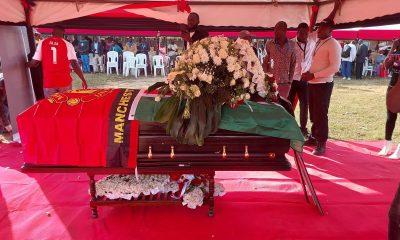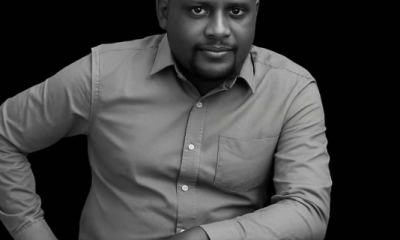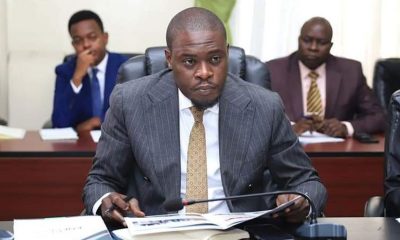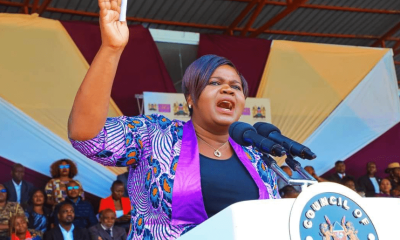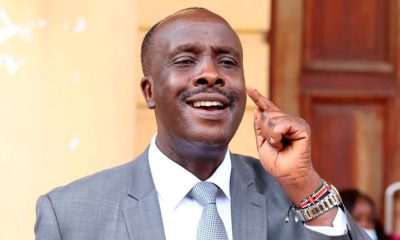News
Uproar as Autopsies on June 25 Victims Delayed Without Justification
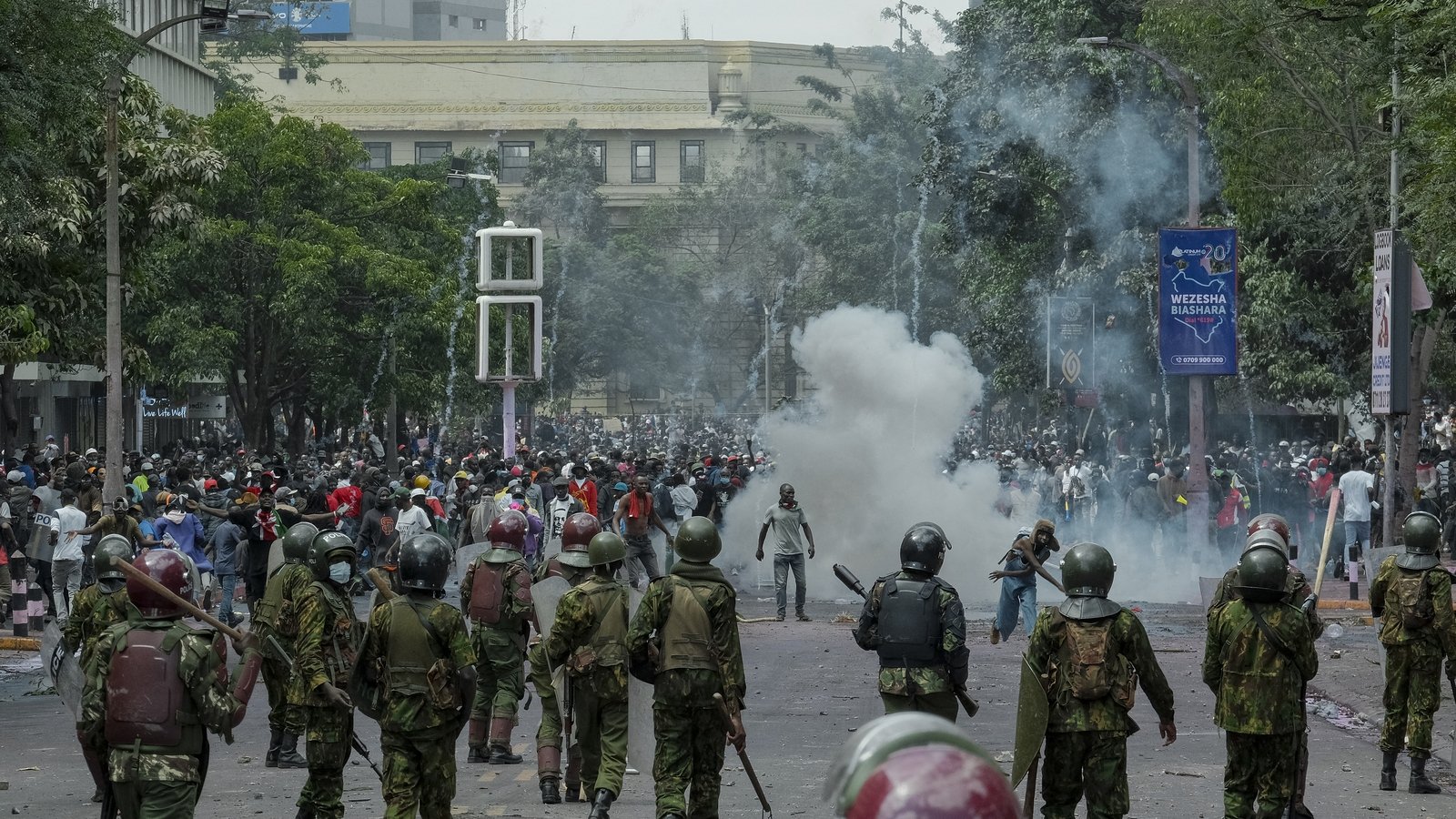
Anger and frustration have erupted after families of Kenyans killed during the June 25 protests were turned away from Nairobi’s City Mortuary.
The government pathologist failed to conduct autopsies as promised, citing “security concerns.” Families say they’ve waited for days, only to be fed excuses and blame games between the mortuary and oversight bodies.
With over 19 confirmed deaths and hundreds injured during the protests, the delay in autopsies has deepened fears of a state cover-up and sparked fresh calls for justice and accountability.
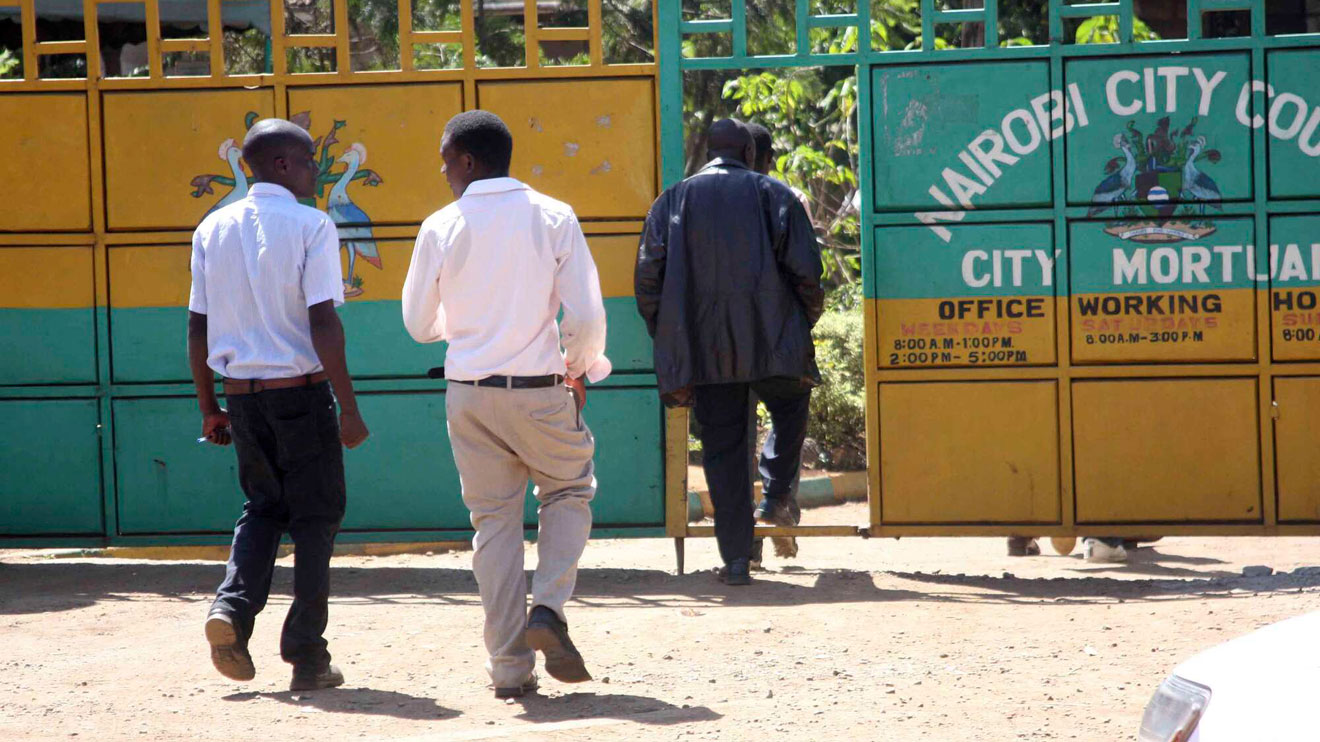
The KNCHR, Amnesty International, and other rights watchdogs are now demanding an urgent forensic audit of all June 25 deaths, a transparent autopsy process, and criminal investigations into the officers involved in the shootings. [Photo: Courtesy]
Government Delay Fuels Uproar Over June 25 Victims
The June 25 victims of police violence still lie unexamined as families demand answers over the government’s failure to carry out timely autopsies. Outside Nairobi’s City Mortuary on Tuesday, July 1, grieving relatives expressed outrage after learning that only two autopsies would be conducted—despite earlier promises that all bodies would be examined.
“We’ve been here since Sunday,” said one family member. “They told us the autopsies would be done yesterday, then today, now they say only two bodies will be examined. We’re tired of being taken in circles.”
According to families, the government pathologist claimed he could not proceed due to security concerns. This excuse has only added to the growing anger, especially after the Independent Police Oversight Authority (IPOA) reportedly ordered that autopsies be carried out on all bodies linked to the June 25 protests.
“The doctor said he was only directed to perform autopsies on two bodies,” another family member revealed. “IPOA is blaming the mortuary. The mortuary is blaming IPOA. Meanwhile, our loved ones are still lying cold in there without answers.”
This back-and-forth has not only delayed investigations but also prevented the release of the bodies for burial, leaving families in limbo.
Rising Death Toll and Police Brutality Under Scrutiny
The June 25 protests, held to mark resistance against the controversial Finance Bill and demand accountability from the Kenya Kwanza government, turned deadly when police reportedly opened fire on unarmed demonstrators in multiple towns.
According to the Kenya National Commission on Human Rights (KNCHR), at least 19 people were killed and 531 others injured during the protests. The commission also documented 15 enforced disappearances, 179 arrests, and an undetermined number of sexual violence cases linked to the state crackdown.
Most of the deaths were allegedly caused by police gunfire. Yet, no police officer has been held accountable.
Despite IPOA promising investigations, families say justice is being delayed—and possibly denied. “The delay in autopsies is a deliberate effort to interfere with evidence,” said a Nairobi-based human rights advocate. “We cannot investigate state killings without timely post-mortems. This is an insult to the victims.”
Civil society groups have also condemned the state’s slow response, accusing government agencies of failing to provide even the most basic transparency.
Murkomen’s Shoot-to-Kill Remarks Spark More Fury
The outrage has been further inflamed by recent comments made by Interior Cabinet Secretary Kipchumba Murkomen, who was captured on video suggesting that police should not cooperate with IPOA in cases involving the shooting of civilians.
The clip went viral just days after Murkomen was accused of issuing a shoot-to-kill order during the height of the June 25 protests. Though he later claimed his remarks were taken out of context, his words have sparked concern across the country.
Murkomen said he meant police officers should defend themselves and protect civilians from imminent threats. However, many believe his comments gave the green light for excessive force—and now for a wall of silence in the face of criminal investigations.
“We are being killed, then denied justice,” said a protester who survived police brutality in Nairobi’s Central Business District. “If the government can’t even let doctors examine our dead, then what are they trying to hide?”
With rising calls for an independent inquiry, pressure is mounting on both IPOA and the national government to come clean on what happened during the protests and why accountability remains absent.
The KNCHR, Amnesty International, and other rights watchdogs are now demanding an urgent forensic audit of all June 25 deaths, a transparent autopsy process, and criminal investigations into the officers involved in the shootings.
Meanwhile, families continue to camp at mortuaries, still in pain and without closure.
“This is not just about our children,” said one mother waiting outside the City Mortuary. “It’s about the future of Kenya. If we let this go, it will happen again.”
Kenya Insights allows guest blogging, if you want to be published on Kenya’s most authoritative and accurate blog, have an expose, news TIPS, story angles, human interest stories, drop us an email on [email protected] or via Telegram
-
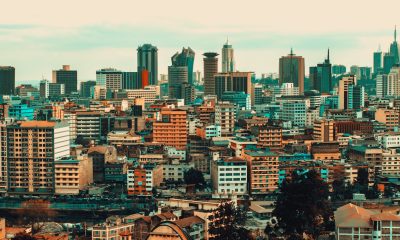
 Investigations2 weeks ago
Investigations2 weeks agoA Pattern Emerges: How Somali-Led Cartels Are Fueling Kenya’s Real Estate Boom With American Fraud Money
-
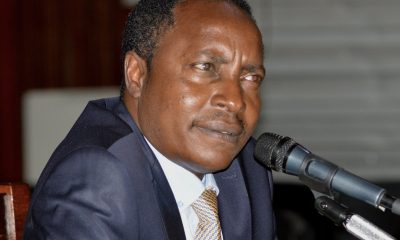
 News1 week ago
News1 week agoFormer Nairobi CEC Newton Munene Found Dead as Sonko Alleges Cartel Involvement
-
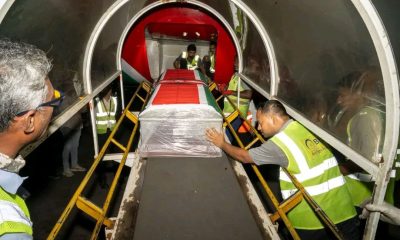
 News2 days ago
News2 days agoPlane Carrying Raila Odinga Becomes World’s Most Tracked Flight as Kenya Airways Honors Him With Special Call Sign ‘RAO001’
-

 Investigations2 weeks ago
Investigations2 weeks agoFinancial Watchdog Flags Sh600 Million Sham SHA Payments
-
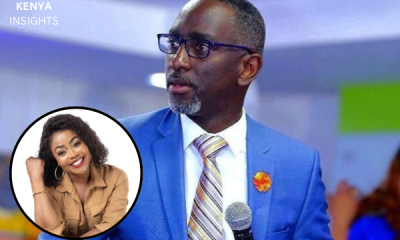
 Grapevine2 weeks ago
Grapevine2 weeks agoRobert Burale’s Ex-Wife Spills All The Tea – “I Found Gay Porn on His Laptop, Another Woman Paid For Our Honeymoon!
-
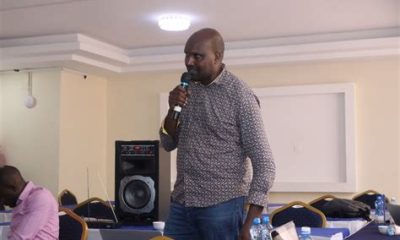
 News2 weeks ago
News2 weeks agoCASH FOR LICENSE: NTSA Director Under Fire As Infighting Exposes Extortion Racket in Driving Schools
-
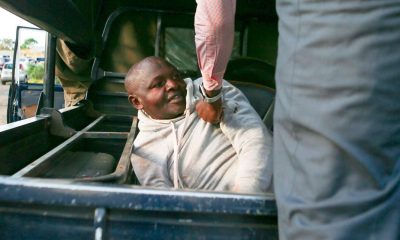
 News4 days ago
News4 days agoInside 17 Minutes: CCTV Footage Reveals Murdered State House Guard Was Well Known to The Killer
-
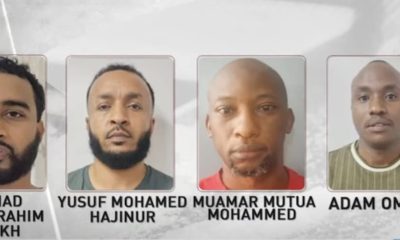
 News7 days ago
News7 days agoFour Arrested In JKIA Cocaine Cartel Crackdown

